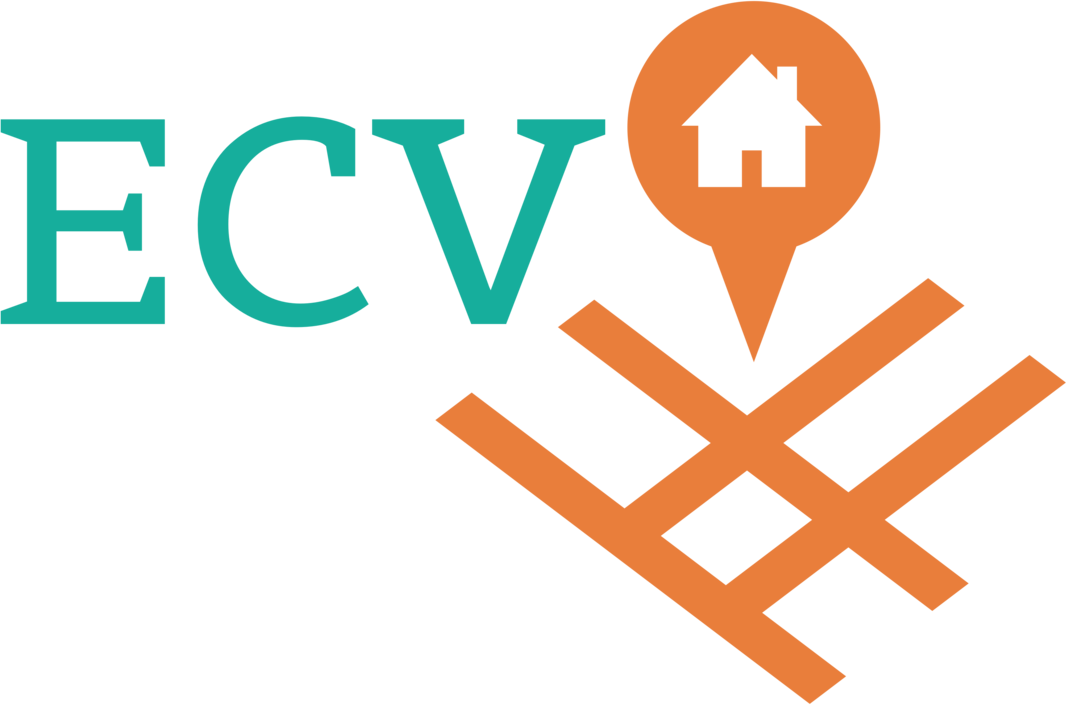Mastering Medication Safety: The 10 Rights of Drug Administration
When it comes to looking after our loved ones, making sure they get their medicines safely is really important. That's why we're talking about the "10 Rights of Drug Administration." These are important rules that help us give the right medicines, in the right way, and at the right times. In simple terms, they guide us to do things properly and make sure our loved ones stay healthy and well. So, let's dive into what these rules are and why they matter for taking care of the people we care about.
The 10 Rights of Drug Administration
The 10 Rights of Drug Administration are important because they establish a systematic approach that makes medication administration easier but also safer by minimizing the risk of errors.
Right Patient: Think of it as a buddy check. Before giving any medicine, we check and double-check that it's going to the right person. Names, birthdays – it's all part of the plan.
Right Medication: Picture this as matching puzzle pieces. We look at the label on the medicine and then compare it with what the doctor ordered.
Right Dose: This is all about getting the amount just right. We measure and make sure it's the exact dose the doctor prescribed.
Right Route: Medicines have their own highways – routes like swallowing, injecting, or applying. We make sure we're using the right road.
Right Time: Just like a meeting, medicines have appointments too. We stick to the schedule or the time window to keep them effective.
Right Documentation: Ever heard of keeping a journal? We do something similar – jotting down when we gave the medicine, how much, and how.
Right Reason: Medicines have their jobs, and we make sure they're doing what they're supposed to. No freelancing here.
Right Education: It's like giving a little lesson. We explain to patients and caregivers what the medicine does, the good and the possible not-so-good.
Right to Refuse: Sometimes, folks might not want a certain medicine. We respect their choice and let the healthcare team know.
Right Assessment: Imagine it's like checking the weather before a trip. We look at the patient's history and situation before giving anything.
Information That Must Be Given to Patients
As a caretaker of your loved one or the person you are taking care of, you have the responsibility to educate them about the medication that they are taking and its importance. Here are 6 things that you need to educate the person you are taking care of about:
Drug Name and Therapeutic Category
This is like introducing the star of the show. It's important to tell the patient the name of the medication and what it's meant to do. For example, This medicine is called 'Aspirin.' It's a type of pain reliever and is also known as a 'nonsteroidal anti-inflammatory drug (NSAID).' It's often used to reduce pain, fever, and inflammation.
Dosage
Imagine this as the right portion. You should explain how much of the medicine the patient needs to take. For example, "Your dose of Aspirin will be one tablet, which is typically 325 milligrams. Take it once a day.
Dosing Schedule
This is like setting up a routine. Inform the patient about when and how often they should take the medicine. "Take your Aspirin tablet every morning with breakfast."
Route and Technique of Administration
This is about understanding how to use the medicine. Describe whether it's a pill, or liquid, or if there are any special steps. "Aspirin is in pill form. Just swallow it with water – no need to crush or break it."
Expected Therapeutic Response and Timing
Think of this as setting expectations. Let the patient know what changes they might notice and when. "You might start feeling a reduction in pain or inflammation within a few hours of taking Aspirin."
Nondrug Measures to Enhance Therapeutic Responses
This is about making the medicine more effective. Share any lifestyle adjustments that can work alongside Aspirin. "Maintaining a healthy diet and staying active through regular exercise can complement Aspirin's effects, helping you manage pain and inflammation more effectively."
In Conclusion
The "10 Rights of Drug Administration" provides an organized framework to reduce the danger of errors and improve the well-being of your loved ones. Ensuring medication safety is a crucial component of caregiving. As caregivers, we have a significant impact on how individuals we look after receive treatment. Giving the correct medication is important, but so is informing people about their medical conditions. Patients are more equipped to take an active role in managing their health when given information about medicine names, doses, dosing schedules, administration methods, anticipated therapeutic responses, and associated lifestyle changes.

